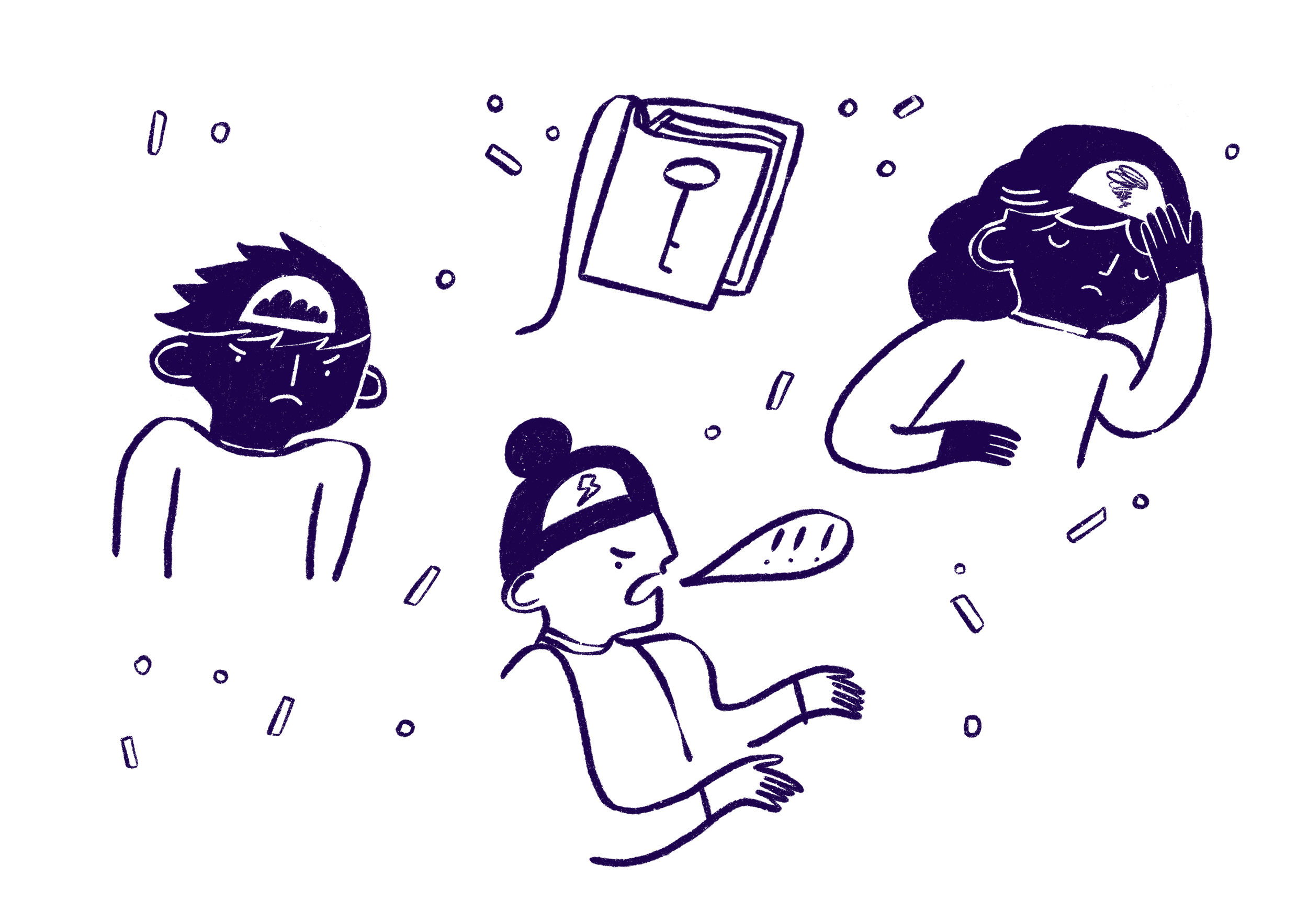Values, Triggers, Behaviours and Stress
Let’s talk about our reactions in angry or stressful situations. In an explosive situation where we have really lost our temper in a way that we don’t feel happy about, we’ve lost control in that moment and seen red.
Triggers, what pisses you off, major and minor things. What makes you see red, your pet peeves. These can be big and small.
Values, what is important to us? What characteristics do we admire in others and in ourselves. Which ones do we value that we were raised with?
Values, Triggers, Behaviours, Stress
When there is an explosive situation, what is compromised first and in what sequence do the words go?
Values always come first, it is the roots to everything we do, all of our emotions will link to our values. Therefore, if these are compromised that is when we get pissed off (Triggers), which results in a behaviour (losing your temper with someone, shouting, crying), that leads to us feeling stressed, which is the end product, not why we are triggered in the first place.
Has this enabled anyone else to identify their own values and triggers? Are we all the same? Other people’s triggers.
For example a trigger might be around honesty, therefore when someone tells you a white lie, then this may lead to you becoming triggered.
What lies between my trigger?
Is it a situation?
Is it a point of view?
Something I’m afraid of?
You can’t change other people but you can change yourself, and how you react and understand a situation, person and triggers.
When you have this knowledge about your values and triggers it helps you to respond rather than react and get so angry that you can't think clearly, that you say things that cause a reactive situation.
When you understand and know what is important to you (your values) and how that these can lead to triggers, you can then change the behaviour to putting a boundary in place, saying a boundary mantra, reframing or realising that you are angry and choosing to lower your arousal and then responding. This changes the explosive behaviour into something healthy and that won’t cause stress, but it will feel empowering.
It may be that you take a breath, wait 24 hours to respond, and talk to a friend first. Helping you to step out of the red mist and be able to activate the thinking part of your brain, which actually shuts down when you get explosively angry.
Don’t forget:
Don’t respond straight away, then if it still bothers you in 24 hours, then you have 48 hours to respond to that person.
Another great way to reduce your anger about a situation or person is to reframe it. Think of another scenario that the person may have behaved that way, or said what they have said. You don’t have to say this directly to the person, but it is proved to reduce an angry response to a situation. It is also a way of showing compassion and kindness.
Imagine someone driving that suddenly cuts you up on the road, and beeps their horn. Your value of being considerate and kind may mean that you are triggered. However, instead of reacting you could think to yourself or even say out loud how that person may have had a bad day, or be in a hurry to get to an emergency.
Another example could be that an ex that you coparent with may get angry over something seemingly trivial, which of course may increase your emotional erousal and make you angry. But thinking that maybe the other parent is finding it tough not spending time with their child might help to not react. Then taking your time to respond and discussing with a safe person what was discussed.
Sponge Person
This is the person that we direct our anger, frustration and sadness towards. We speak to and communicate to them differently to how we would others.
We hear their voice and they might make a perfectly valid suggestion, and we instantly do an eye roll. Or we see a text message or email pop up from them and we are instantly ready for battle.
We have a reaction to our sponge person. Sometimes we aren’t responding in the present moment, we are responding to the past, to our unhealed traumas.
We might use a:
Different tone
Different body language
Or we might be:
Less patience
They are very triggering for us and we will talk more about this in a moment.
As well as a sponge person let’s look at our Safe Person.
Safe Person
As well as recognising our Sponge person it is really important to think of our safe person or people.
These are the people that we might:
Take criticism/ feedback from well
We go to for comfort and safety
Support us and check in on us
Can we our true selves around them
Express our feelings to in a healthy way
Feel loved and connected to
Recharges us rather than drains us
Who is our Sponge person?
Who are we sponges for?
Who is our safe person?
Who are we a safe person for?
Causing a Reactive Situation
We looked at how we like to communicate and how different our styles are. We also looked at our boundaries, again these will be different for everyone. Recognising our triggers. But if we ignore our own triggers and others triggers, this is when a reactive situation happens.
For example:
I used to get my ex to do handovers with my then new partner, who I moved on with fairly soon after we broke up, and went on to have a baby with. I ignored that this was very triggering for my ex partner, and it caused a lot of reactive situations. I just expected my ex to deal with it, absorb it, and move on.
It is important that we understand other people’s triggers and what they are. It doesn’t mean that you can compromise your values and beliefs, but that you think of a way around this, rather than through this.
For example: if someone is always late, can you arrange a later handover time? Meet in a public place so that you feel safe but that meetings can still happen.
Understand why our sponge people trigger us
Rewind the story of your life in your mind. Stop at an incident you remember from your childhood or your past in general in which you got triggered in the same way or had some of these very same feelings.
Triggers point to something in our past that might still be tender or not healed yet. I felt excluded, I felt blamed, I felt unheard.
Triggers also point to things that have healed but are important to us eg integrity, honesty, kindness.



